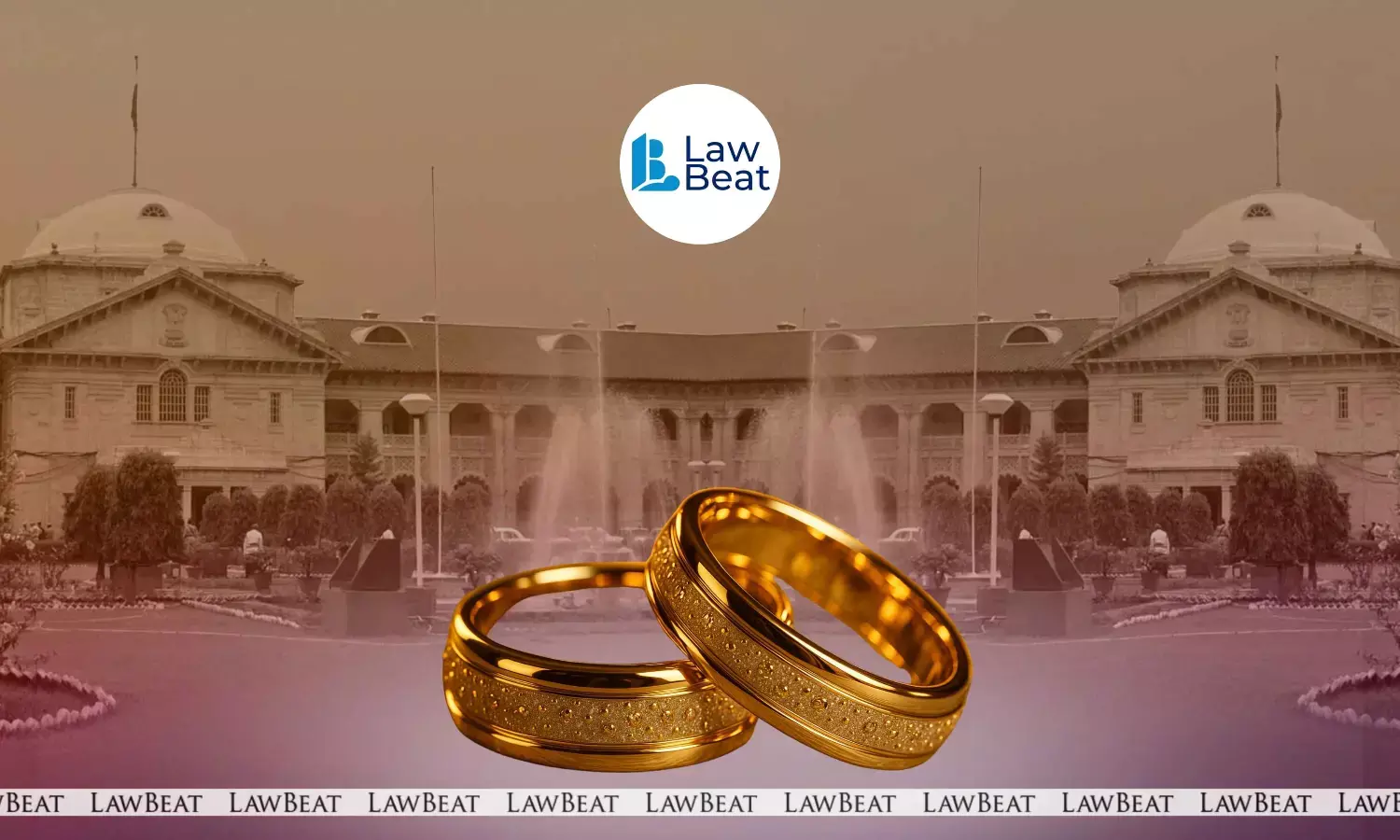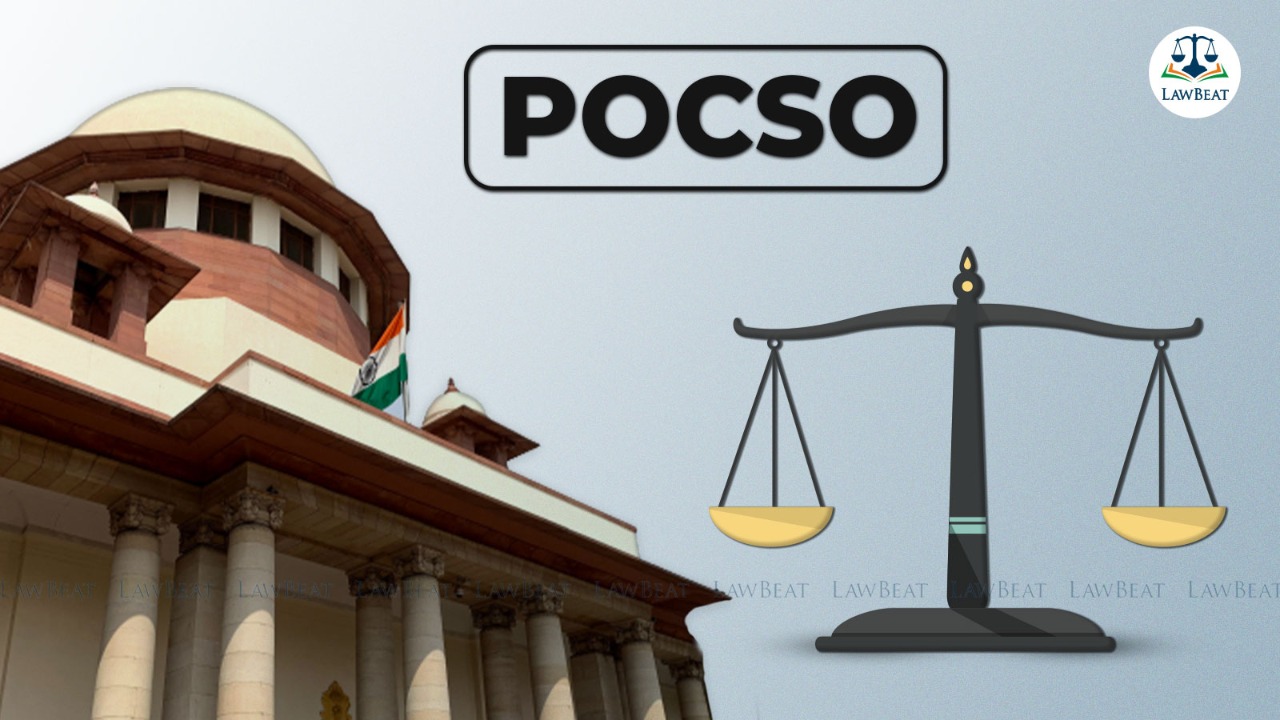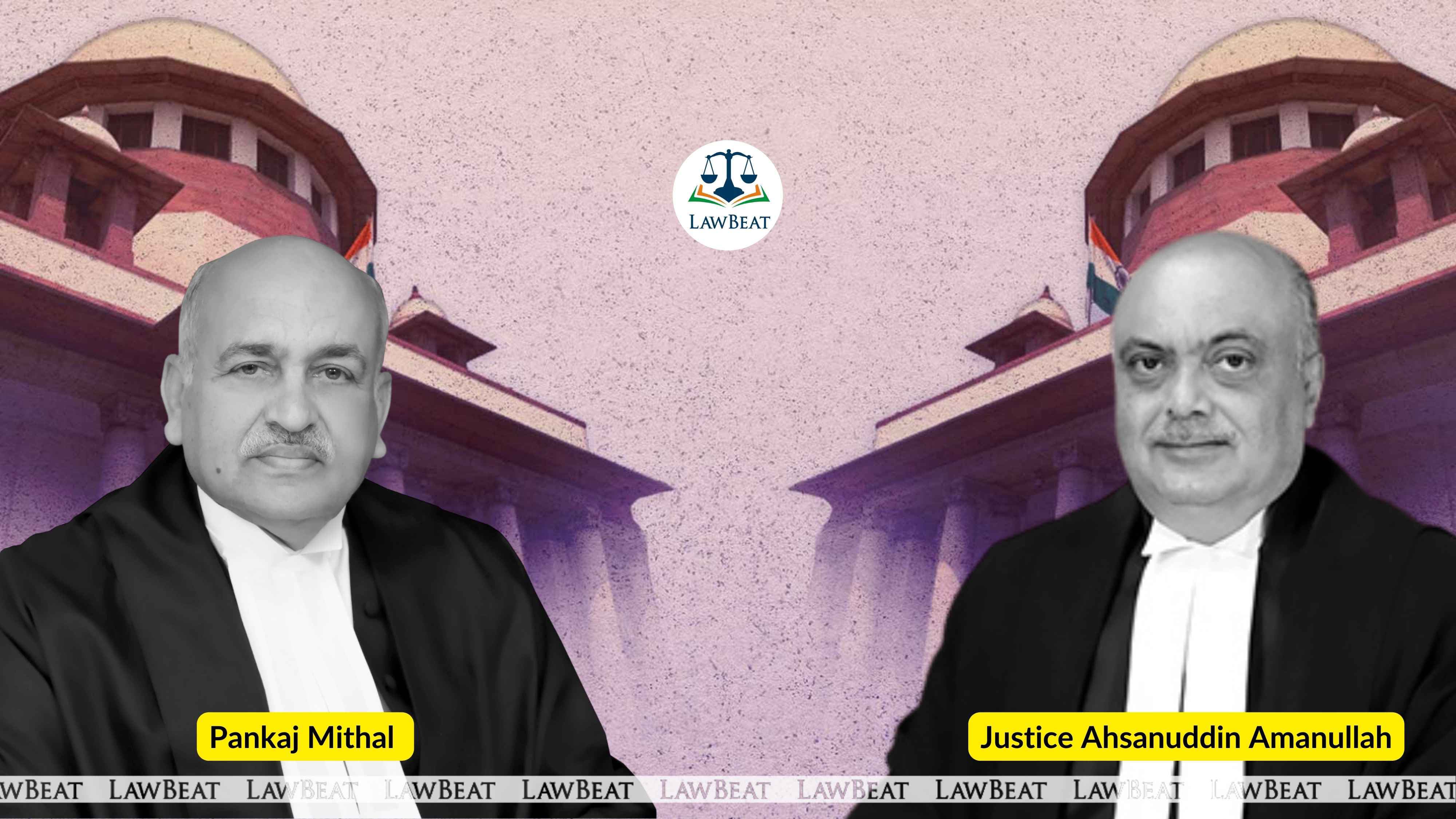Permission for Polygamy Widely Misused Against Mandate of Muslim Law: Allahabad High Court

In a significant observation on the scope of Muslim personal law, the Allahabad High Court has underscored that while Islam allows up to four marriages, this concession is strictly conditional and prone to abuse in practice.
The comment came during the hearing of an application filed by one Furkan, a Muslim man, who sought to quash a charge‑sheet for rape (Section 376 IPC), bigamy (Section 495 IPC), criminal conspiracy (Section 120‑B IPC), intentional insult (Section 504 IPC) and criminal intimidation (Section 506). He and his first wife also sought direction to set aside the cognizance and summoning orders in the criminal case against them pending before the Additional Chief Judicial Magistrate in Moradabad.
Furkan's primary defense was that, being Muslim, he enjoys a statutory right under the Muslim Personal Law (Shariat) Application Act, 1937, to contract a second marriage even during the subsistence of the first, and that no offence of bigamy under Section 494 IPC or its allied provisions could be made out.
However, the second wife, in her statement under Section 164 CrPC, stated that Furkan never disclosed his first marriage before marrying her.
 Also Read: NCPCR moves Supreme Court against HC order allowing 15-year-old girl to marry under Muslim Laws
Also Read: NCPCR moves Supreme Court against HC order allowing 15-year-old girl to marry under Muslim Laws
Through counsel Alok Kumar Pandey, Furkan maintained that both marriages were solemnized per Muslim rites, rendering them valid.
The counsel leaned heavily on Supreme Court rulings—Sarla Mudgal (1995) and Lily Thomas (2000)—which distinguish between bigamy under non‑Muslim personal laws and conditional polygamy permitted among Muslims. They also cited high‑court decisions affirming that a second marriage among two Muslims is valid unless specifically declared void by a competent court.
 Also Read: Under Muslim Law a Minor Girl Can Marry Without Parents' Consent After Reaching Puberty Even If She Is Under 18: Delhi High Court
Also Read: Under Muslim Law a Minor Girl Can Marry Without Parents' Consent After Reaching Puberty Even If She Is Under 18: Delhi High Court
On the other hand, the State’s Additional Government Advocate countered that polygamy under Islam is not an unfettered privilege. He argued that misuse of the Quranic provision for marriage constitutes cruelty, and if the first marriage failed to meet requisite Islamic conditions, Section 494 IPC would apply. Moreover, the State pointed to pending judicial review of the Shariat Act’s validity before the Supreme Court.
In its detailed analysis, the bench of Justice Arun Kumar Singh Deshwal reiterated that Section 494 IPC applies only when a second marriage is void. He explained that under Section 2 of the Shariat Act, Muslim personal law governs marital validity, but conditions such as equal treatment and fairness among wives are mandatory.
Quoting Surah Nisā’ verses and juristic commentary, the court emphasized that polygamy is permissive, not obligatory or recommended, and that forfeiture of equality bars a second union.
"Islam permits more than one marriage only under certain circumstances and with certain conditions," court emphasized.
It said that as per the Mohammedan law, a Muslim male has no unfettered right to get a second marriage unless he has the capacity to give equal treatment to all wives.
It also clarified that:
(i) Polygamy will be valid if the first Nikāḥ is Sharia-compliant,
(ii) If a man's first marriage was under non‑Muslim law then he converts and remarryes under Sharia, Section 494 IPC will apply,
(iii) Section 7 of the Family Courts Act empowers them to rule on Muslim marriage validity, and
(iv) Article 25 rights are subject to public order, morality, health, and other constitutional provisions.
 Also Read: Halala, Triple Talaq and Polygamy Discriminatory, Unconstitutional: Justice Shekhar Yadav Advocates Uniform Civil Code
Also Read: Halala, Triple Talaq and Polygamy Discriminatory, Unconstitutional: Justice Shekhar Yadav Advocates Uniform Civil Code
Court was also of the view that the suggestion made in cases of Smt. Sarla Mudgal, Lily Thomas, and Jafar Abbas Rasoolmohammad Merchant (2015) regarding the enactment of Uniform Civil Code in pursuance of the mandate of Article 44 of the Constitution of India needs to be considered by the legislature.
While the Court did not quash the entire prosecution—reserving judgment on Sections 376 and 495/120‑B pending further hearing—it made clear that religious freedom under Article 25 of the Constitution does not shield individuals from penal sanction when statutory or Shariat conditions are flouted. The matter is listed for further hearing on week commencing May 25, 2025.
In the meantime, court directed no coercive action against the applicants.
Case Title: Furkan and 2 Others vs State of UP and Another
Download judgment here

